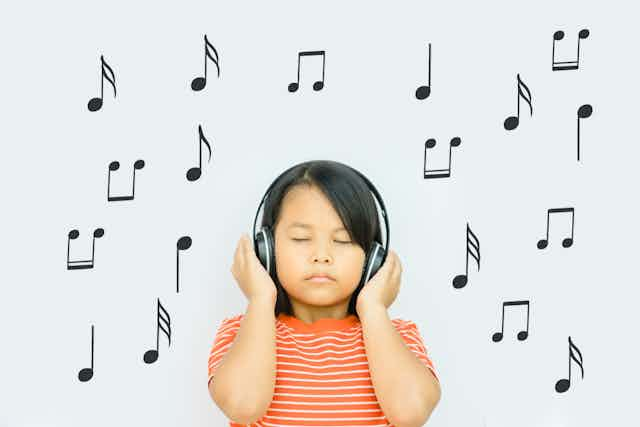Music is a vital part of the human experience. Music is an integral part of our lives whether we enjoy music that calms us, moves to beats, or even lyrics. It’s impossible for anyone to not be surrounded by their luck in love. Research has shown that different kinds (or types of music) may trigger changes in blood pressure. Metal and rock have more positive effects than the tranquilizer-like tracks as well as hormone fluctuations. The metal takes us into new territory and the soothing effect of acoustic musicians aids in regulating everything from moods to appetites.
It’s not new to consider that music has an impact positive on the state of mind. Singing and drumming have been utilized for healing for thousands of years by some cultures. We know now that this form of therapy can be beneficial for dealing with anxiety and post-traumatic stress disorder (PTSD). There is an unlimited amount of people who will benefit from it, because everybody has different concerns with their moods and emotions.

Music therapy is a technique that is utilized by a majority of people involved in a way. Music therapy is a therapy which relies on music. It has the highest potential to heal people who require healing than any other kind of. Patients will feel an emotional connection and will feel better simply by listening. For this treatment to be 100 percent effective, therapists usually use composing tunes or lyrics from traditional songs while also playing certain forms such as mindfulness exercises during where patients focus on particular sound waves.
Music therapy can be beneficial for everyone.
Music therapy is being used to help relax and prepare for work. But, it’s being looked at as a possible treatment option for a variety of psychological disorders.
1. Hearing Impairment
Music therapy can help people with hearing impairments by improving their speech production. Even though there are only a small percentages of people that can’t hear at all, others experience some amount of sensation and this form will also help them as well because music assists in improving intonation/tempo along with wavelength & rhythm perception which affect our ability to speak fluently or not so much dependent on the kind of music you’re accustomed to.
2. Autism
A music therapy approach has been found to be beneficial in aiding autistic spectrum disorder (ASD) sufferers. Combining music therapy and standard treatment is a way to help more people live productive lives. Children who were treated with both were less prone to social withdrawal and isolation than those who received just one. This suggests an advantage to mixing them. Boys who are better in social skills are also likely to be more socially active.
3. Chronic Pain
Music and pain can be soothing to those suffering. Therefore, it’s no reason to be surprised that those who employ music therapy to lessen their emotional burden feel less irritable. It is possible to achieve this by allowing the mind to be able to relax away from pesky sensations. It’s similar to how we utilize our ears while listening to music or playing pianos when there’s nothing else.
For more information, click house of music therapy